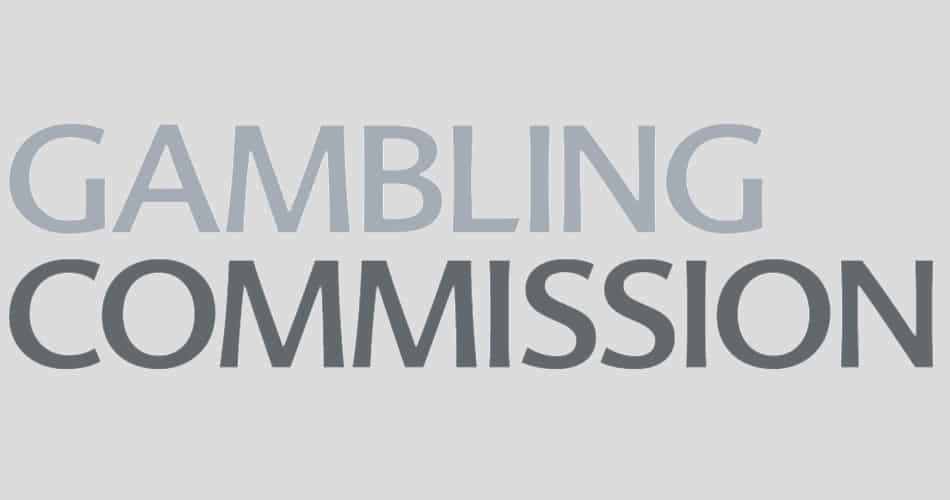
Conservative MP Iain Duncan Smith has urged the UK Government to scrap the Gambling Commission under its current review of the Gambling Act 2005.
The former leader of the Conservative Party and the vice-chair for the All-Party Parliamentary Group on Gambling-Related Harm (APPG), made the comments in a piece for PolitcsHome in which the politician criticised the Gambling Commission and its supposed lack of action in regulating the gambling industry.
Smith starts the post by praising the Government’s decision to raise the minimum age of the National Lottery before addressing how the APPG has long called for a review of gambling laws and why the Government should examine the evidence the group have taken as part of its review of current gambling laws.
“We have heard, first hand, countless stories of the harms driven by this rampant industry,” Smith writes. “Young lives have been ruined by addiction, leaving devastation on families when mostly young men, with their whole lives ahead of them, take their own lives.”
In the piece, Iain Duncan Smith then calls on the Government to review VIP schemes “which deliberately force gamblers into high levels of debt” and to review the UK Gambling Commission, the country’s main regulator for online and offline gambling.
In the piece, Smith states that the Commission’s lack of action has led the gambling industry to grow “exponentially” while “extracting most of their money from those who are most addicted – with 60 per cent of the profits coming from just 5 per cent of gamblers, who are those likely to be experiencing harm.”
Smith then states that the Government should scrap the Commission altogether as part of the review and “instead institute a regulatory body that independently monitors the industry”, adding that “now is the time to make bold moves, to make sure we get proper control and that the abuses and the addiction end.”
Further in the piece, Smith urged the Government to introduce a statutory smart levy to the fund the research, education, and treatment of gambling, a statutory duty of care, the introduction of a gambling ombudsman, and stake and spend limits at online casino sites.
He also called for tighter restrictions to gambling advertisements, claiming that “children are exposed to gambling on screens, football shirts, and even in video games with the evidence suggesting that this normalises gambling in young minds” and adding that this “must stop.”
Claiming that the gambling industry has prevented the Government from implementing “bold changes that are needed”, Smith states that the entire gambling industry is “in dire need of a reset”.
Ending the commentary piece, Smith said: “The gambling industry must be made to understand the extent of the responsibilities it holds in order that the public can be better served.
“Gambling addiction is a public health crisis of our time. The Government must not hold back from much needed and radical reform, and it must act quickly to prevent any more devastation to peoples’ lives.”
Smith’s comments come after the MP for Chingford and Woodford Green criticised the UK Gambling Commission for working in partnership with gambling operators on several responsible gambling projects, such as its partnership with GVC Holdings regarding the development of a code of conduct for VIPs earlier this year.
Shortly after Iain Duncan Smith published his commentary piece on PolitcsHome, Michael Dugher, the Chief Executive of the Betting and Gaming Council (BGC), issued a response to his comments on the gambling industry and review of the Gambling Act 2005.
Referring to Smith’s comments on problem gambling, Dugher said: “According to Iain Duncan Smith’s own Government last week, approximately 0.5% of the adult population are problem gamblers, and this rate has remained steady for the past 20 years.
“Nevertheless, one problem gambler is one too many, which is precisely why we have strongly supported the review as an important opportunity to make more changes and to further promote safer gambling.”
Adding that millions of people across the UK enjoy “an occasional flutter on sports, on the National Lottery, in casinos, on bingo and online” without major problems, Dugher states that the Government’s review should focus on helping problem gamblers across the country, saying:
“We need to ensure that the review targets problem gamblers and further protects those who are vulnerable or who are at risk, whilst at the same time not driving customers to unregulated black market online where there are no safer gambling standards of restrictions.
“I also hope that the millions of people who enjoy a bet, as well as the 100,000 hardworking, decent men and women who are employed in the industry, have their say in the review, as well as Sir Iain of course.”
The Department of Culture, Media and Sport (DCMS) announced last week the launch of their review on the Gambling Act 2005, a move which was welcomed across the entire industry. In its announcement, the DCMS revealed that the review has begun with a call for evidence through to March 2021.
As we’ve already reported, the DCMS’ review of the Gambling Act 2005 will look into limiting online gambling stakes, potentially banning sports sponsorships, and implementing additional mandatory affordability checks for all players.
Reports have also suggested that the review will consider additional protections for online gamblers regarding gambling advertising and online promotions and that the review will consider evidence regarding VIP schemes and loyalty programmes, both of which have come under scrutiny in the last few years.
Contrary to Iain Duncan Smith’s comments, it’s been reported that the DCMS is considering giving the UK Gambling Commission additional funding and new powers to address the unregulated overseas market and to further penalise operators for breaching licensing conditions or failing to protect customers.